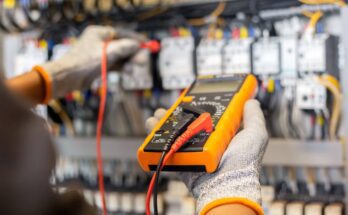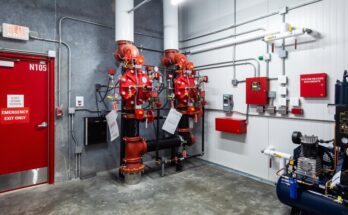And then there is the potential for self-appointed poll watchers to cause trouble. Trump’s messages are at odds with how the law actually works, and could lead to questionable behavior from people who don’t know what an official poll watcher really does.
Dismissing the criticism, the Trump campaign’s deputy national press secretary, Thea McDonald, told me that “President Trump’s volunteer poll watchers will be trained to ensure all rules are applied equally, all valid ballots are counted, and all Democrat rule-breaking is called out.”
Yet Trump’s own Homeland Security analysts assessed white supremacists as the “most persistent and lethal threat in the homeland through 2021” and warned that “open-air, publicly accessible parts of physical election infrastructure” like polling places could be “flash points for potential violence.”
Are there protections?
For all the rising rhetoric, the law is clear, and voters should know they are protected from this kind of activity, which is already illegal across the United States. A new Brennan Center report details exactly how voter intimidation and discrimination are outlawed. Openly carrying guns in a polling place is illegal in most of the country.
Georgetown Law’s Institute for Constitutional Advocacy and Protection is leading an effort to prevent private militias from operating near polling places or voter registration drives.
“It’s so important that elected officials and law enforcement make clear that there is no Second Amendment right to engage in paramilitary activity.”
“We think it’s so important that elected officials and law enforcement make clear that there is no Second Amendment right to engage in paramilitary activity and make clear that it is unlawful in every state,” says Georgetown’s Jonathan Backer.
“That’s so these groups will be discouraged from showing up and engaging in that sort of conduct, and so that voters can engage in the civic process without fear that these groups will show up and that elected officials won’t do anything to prevent it.”
Voters should not need to fear intimidation and violence on Election Day. Anyone experiencing problems should inform a poll worker, call the nonpartisan organization Protect the Vote, or in an emergency call 911.
What can you expect on Election Day?
The election is already under way, and for the most part, things are proceeding as planned. Poll watchers are a normal part of elections. Voter intimidation is not.
One key difference between today and 1981 is attention. Election officials and poll workers are actively looking for illegal intimidation near polls and increasingly speaking up to say they’ll prosecute attempts at voter intimidation.
It’s also useful to remember that even in 2016, voting rights groups were gearing up for problems extremely similar to the issues feared today. Those threats didn’t materialize. The issue is real, but it shouldn’t stop anyone from voting either in person or by mail. Voters are protected by law.


